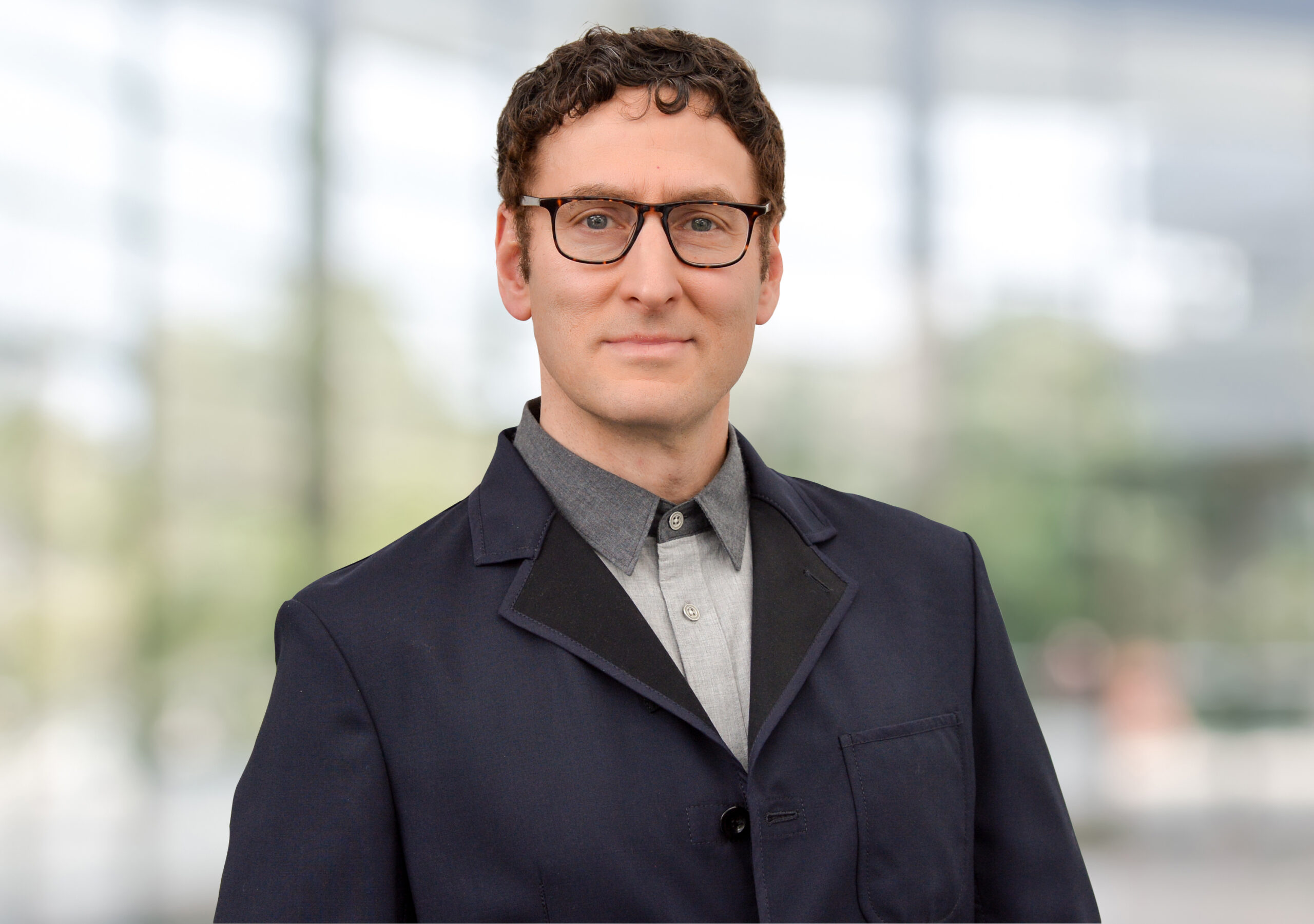Community Spotlight: Dr. Edward Machtinger

Dr. Edward Machtinger is Co-Principal Investigator of the UCLA-UCSF ACEs Aware Family Resilience Network (UCAAN), the new University of California multi-campus organization implementing California’s ACEs Aware initiative. He is a Professor of Medicine and Director of the Center to Advance Trauma-informed Health Care and the Women’s HIV Program at the University of California, San Francisco (UCSF). He is also a primary care doctor caring for women living with HIV. Dr. Machtinger earned an M.D. from Harvard University and completed his residency in primary care internal medicine at UCSF.
How did you get involved with ACEs Aware? What makes you passionate about this work?
I’ve been working for more than 20 years with women living with HIV. When we got the medications to treat HIV, we found that they were very effective at treating HIV, but my patients kept getting sick and dying at very high rates — not from AIDS, but from lung disease (from smoking cigarettes and crack cocaine), liver disease (from alcohol and hepatitis C), kidney disease, heart disease, overdose, and violence in their lives. We had an epiphany: the real underlying cause linking all of these deaths was experiences of unaddressed childhood and adult adversity.
That’s when my focus really shifted as a primary care physician. It changed my whole perspective of medicine and my whole career trajectory. I realized that ultimately, we can’t help people achieve physical and mental health unless we help them heal from trauma.
I still work in the HIV clinic; it’s where I’ve learned everything I know about trauma and that anyone can heal and be safe and healthy when you offer them community, respect, love, and the services they actually need. Even people who are at the depths of crises, at their lowest of their lows, can get better and thrive if you take care of them in ways that understand and address the trauma that is underlying and perpetuating most of the conditions they’re experiencing.
What considerations should providers make when working with LGBTQ+ communities?
I grew up during a time when I didn’t know anyone who was gay, and it didn’t feel safe for me to come out as gay. I know how isolating and dark that experience can be emotionally.
I think it’s important for providers to really think about and try to understand the ongoing stigma, shame, harassment, fear, and physical violence that LGBTQ+ and BIPOC (Black, Indigenous, and people of color) communities face. That has a huge impact on your health and well-being, which I know from both my personal and professional experience.
There’s a reason why:
- 50 percent of Black transgender women are living with HIV.
- 50 percent of gay Black men will likely get HIV during their lifetime.
- Hispanic teenagers have the highest rates of childhood obesity.
- American Indians and Alaska Natives people have the highest rates of smoking and among the highest rates of suicide.
- Black women have three to four times the rate of maternal mortality and twice the rate of infant mortality compared to white women.
These are not genetic conditions. These disparities result from lived experiences and high rates of individual, family, community, and historic trauma experienced by BIPOC and LGTBQ+ communities in the United States. Overcoming these disparities is possible if we understand that they result from disparities in the distribution of adversity and protective factors.
How do you practice self-care? Do you have any strategies for protecting yourself from burnout?
I have a dog that I deeply love. He helps to get me outside to parks and the beach. Whenever I’m with my dog, all of those thoughts about how I should be doing more or feel like I am falling behind just don’t matter anymore.
Beyond that, though, I would say that what sustains me is the meaning I find from this work. Connection and relevance are the antidote to burnout.
I love working in a trauma-informed clinic where I get to connect with my patients and colleagues. I find constant motivation in knowing that this work we are doing is making a difference and saving lives.